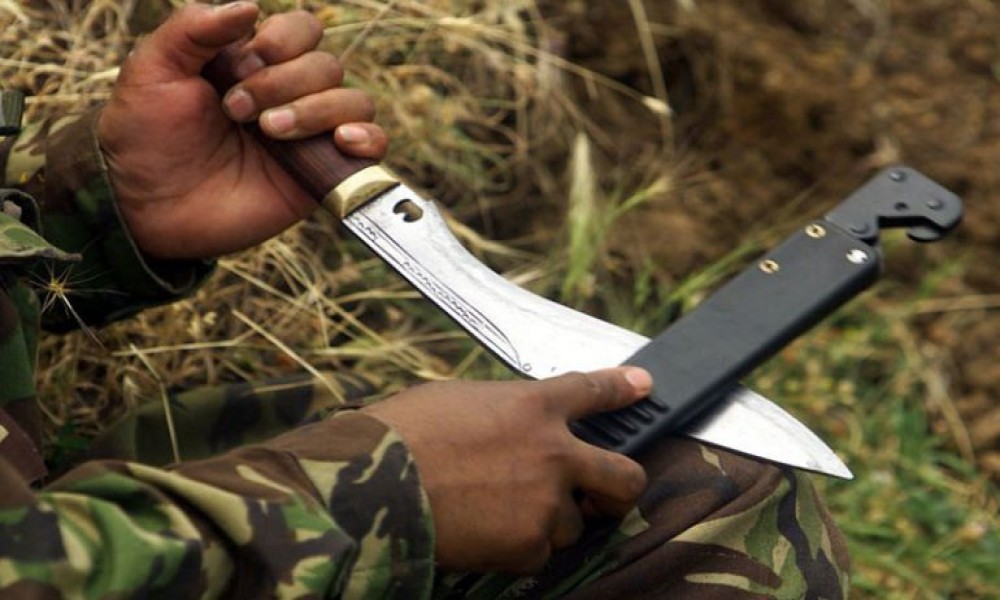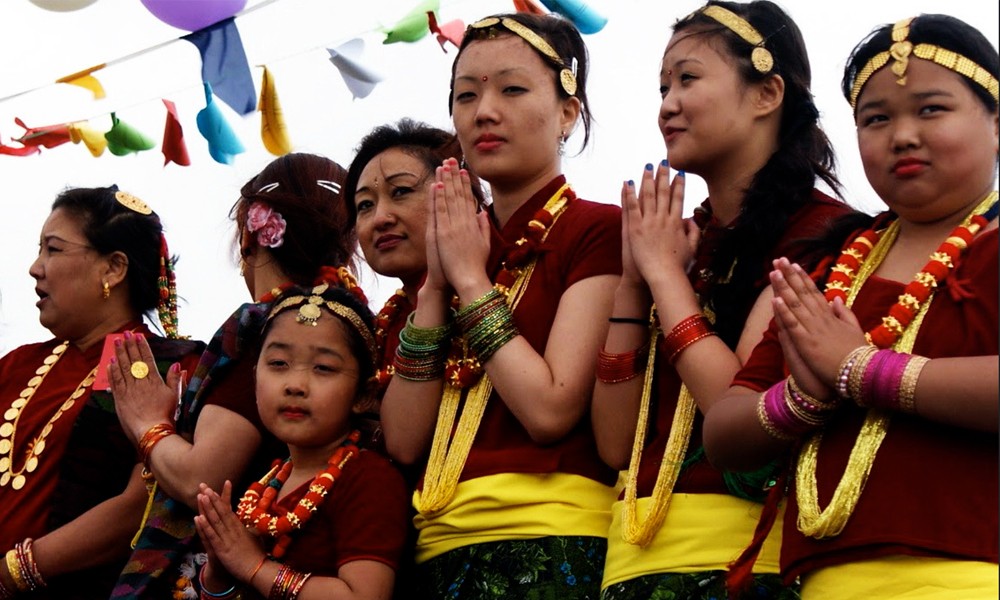Padam Bahadur Gurung
The British who colonised India never invaded Nepal. They fought a few battles with the Nepalis, but never tried to conquer Nepal. Instead of getting closer to – and possibly fighting a war with – a mighty China by swallowing Nepal, they befriended the Rana rulers of the Himalayan nation to exploit our natural and human resources, particularly the youth.
This is how the British started recruiting the Nepali youth in its army, and the Lahure tradition began.
The Rana rulers exported the Nepali youth, and earned a lot of money from the British. The British accepted only the youth belonging to indigenous communities like Rai, Limbu, Gurung, Magar and Tamang. The youth from the Khas-Arya and the Tharu-Madhesi communities were not recruited into the British army.
The Rana rulers exported the Nepali youth, and earned a lot of money from the British. The British accepted only the youth belonging to indigenous communities like Rai, Limbu, Gurung, Magar and Tamang.
Why? Was it because the British only wanted the youth belonging to a warrior clan? I do not think so. If that was the case, they would have chosen the Chhetris, who were considered a warrior clan at that time. The Chhetris dominated Nepal's army, and had fought battles against the British. But they were left out. Only Janajati youth were chosen.
In this article, I have tried to decode why the British only wanted to Janajati youth from Nepal?
First, Khas-Arya and Tharu-Madhesi share the same roots as the British. At that time, their population was very small, and the British did not want to risk their own breed by sending Khas-Arya youth to die in deadly wars including the World War.
Second, Khas-Arya was a clever caste, and they would have quickly resisted the exploitation they were subjected to. It was a big risk for the British Empire.
The recruitment of Janajati youth into the British army was part of a long-term conspiracy to force them out of the hills and mountains of Nepal.
Third, recruitment of Janajati youth into the British army was part of a long-term conspiracy to force them out of the hills and mountains of Nepal. The new constitution pushed through by the parties dominated by Khas-Arya people is a proof of it. It has a provision that might deprive Nepalis settled abroad of their citizenship rights. A majority of ex-Gurkhas have settled down in the UK and other countries.
What the Ranas and the British did to Janajati youth was a crime. But that was a different era. Nevertheless, the so-called democrat rulers of Nepal have failed to right the wrong – historical injustice perpetuated against the Janajatis in the context of the Gurkha recruitment into the British army remains unaddressed.
(The gist of the edited version of a paper presented by Padam Bahadur Gurung, President of Gurkha Army Ex-Servicemen's Organization, during an interaction held in Kathmandu on 23 May)









